Ultima Ratio 1/72 Punic Wars The Cartaginian Army Iberian Infantry # 7216
The Punic Wars, spanning from 264 BC to 146 BC, were a series of three significant conflicts between the Roman Republic and the Carthaginian Empire. Carthage, located in North Africa, leveraged a diverse and multinational military force to combat Rome, including a substantial contingent of Iberian infantry from the Iberian Peninsula (modern-day Spain and Portugal).
Composition and Recruitment
The Iberian infantry was composed of various tribal groups from the Iberian Peninsula, including the Celtiberians, Lusitanians, and other native tribes.
These warriors were recruited by Carthaginian generals through alliances, mercenary contracts, or as auxiliaries.
Their inclusion in the Carthaginian army was pivotal due to their distinct fighting style, local knowledge, and versatility.
Armor and Weapons
Iberian infantrymen typically wore light armor, making them agile and swift on the battlefield. Their equipment often included:
Helmets: Bronze or iron helmets, sometimes adorned with plumes or animal motifs.
Body Armor: Linen or leather cuirasses, occasionally reinforced with metal plates. Some wealthier soldiers might wear chainmail.
Shields: The Iberian scutum, a large, oval shield, was common, providing significant protection.
Weapons:Falx or Falcata: A curved, single-edged sword known for its deadly cutting power.
Javelins (Soli): Short spears thrown with accuracy, used to disrupt enemy formations before closing in for melee combat.
Spears and Lances: Utilized for thrusting in close-quarters combat.
Fighting Tactics
Iberian infantry were renowned for their guerrilla warfare tactics, honed in the rugged terrain of the Iberian Peninsula.
They employed ambushes, hit-and-run attacks, and rapid maneuvers to outflank and harass enemy forces.
Their ability to navigate difficult terrain made them invaluable in campaigns requiring mobility and surprise.
In set-piece battles, they could serve both as light skirmishers, using javelins to weaken enemy lines, and as heavy infantry, engaging in brutal hand-to-hand combat with their falcatas and spears.
The combination of their versatile tactics and fierce combat skills allowed them to adapt to various roles within the Carthaginian army.
Role in the Punic Wars
Throughout the Punic Wars, Iberian infantry played crucial roles in several key battles and campaigns:
Hannibal's Italian Campaign: Under the leadership of General Hannibal Barca, Iberian infantry were part of the diverse force that crossed the Alps and invaded Italy.
They fought in major battles such as the Battle of Trebia, Lake Trasimene, and Cannae, where their tactics and resilience contributed significantly to Carthaginian victories.
Defensive and Offensive Operations: In addition to large-scale battles, they participated in numerous raids, skirmishes, and defensive actions across various theaters of war, from Iberia itself to North Africa and the Italian Peninsula.
Legacy
The Iberian infantry left a lasting legacy due to their distinctive fighting style and effectiveness in the Carthaginian military machine.
Their contributions were instrumental in several Carthaginian victories and influenced Roman military tactics, leading to the eventual incorporation of similar auxiliary units into the Roman legions after the conquest of Iberia.
In summary, the Iberian infantry in the Carthaginian army was a formidable and versatile force, characterized by their agility, fierce combat skills, and tactical ingenuity.
Their role in the Punic Wars underscores the importance of diverse and specialized troops in ancient warfare, highlighting the complexities and dynamics of Carthaginian military strategy.

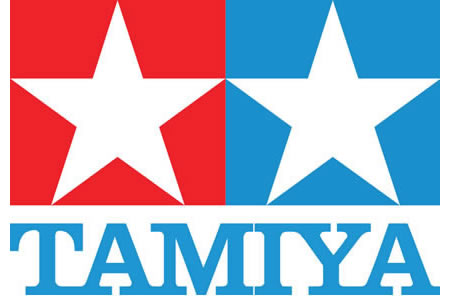
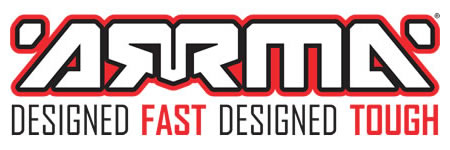
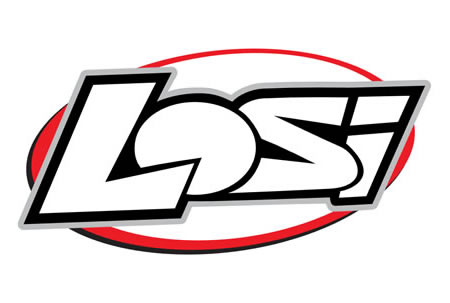



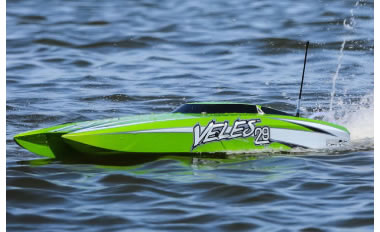
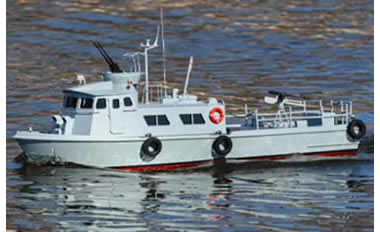
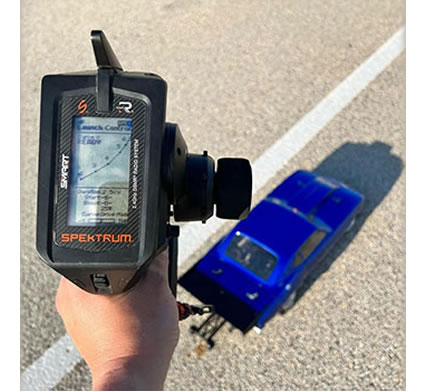
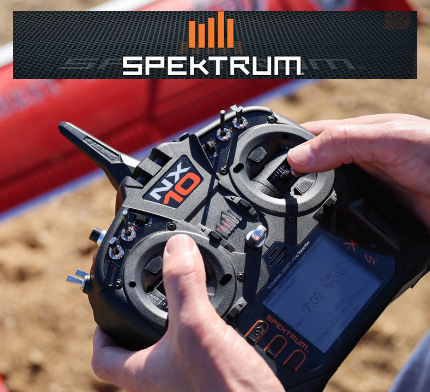
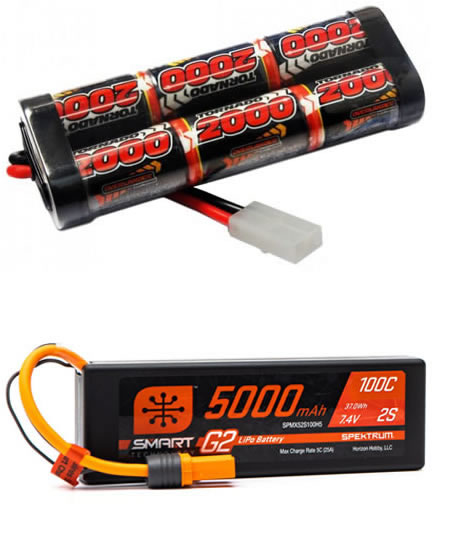
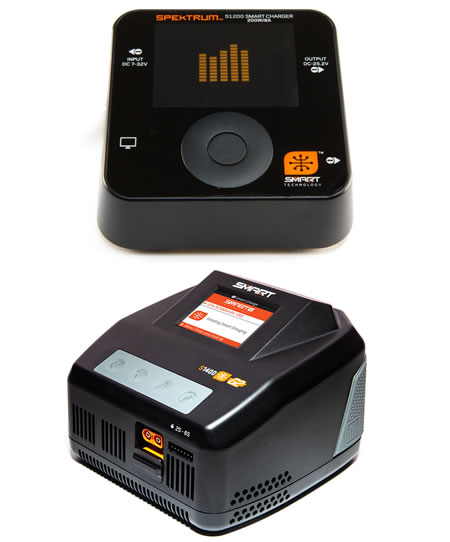

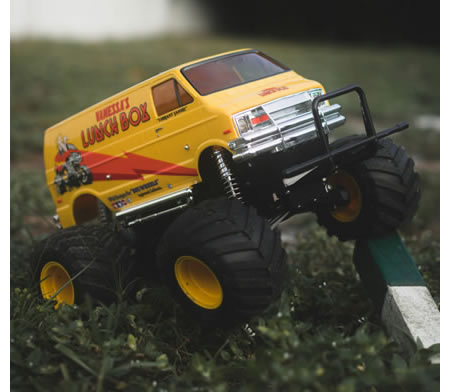
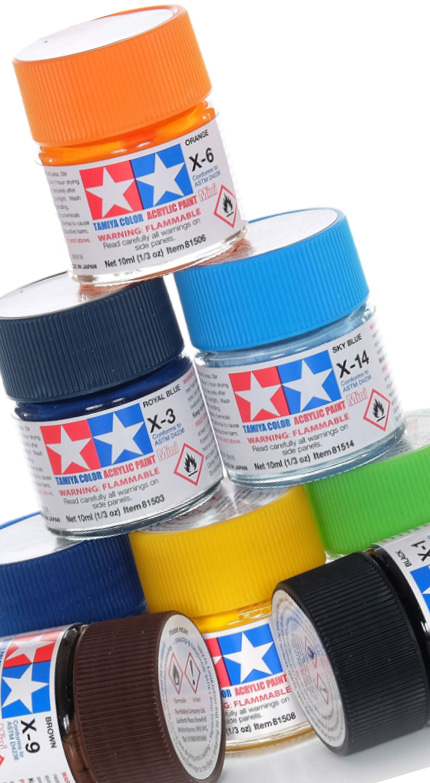
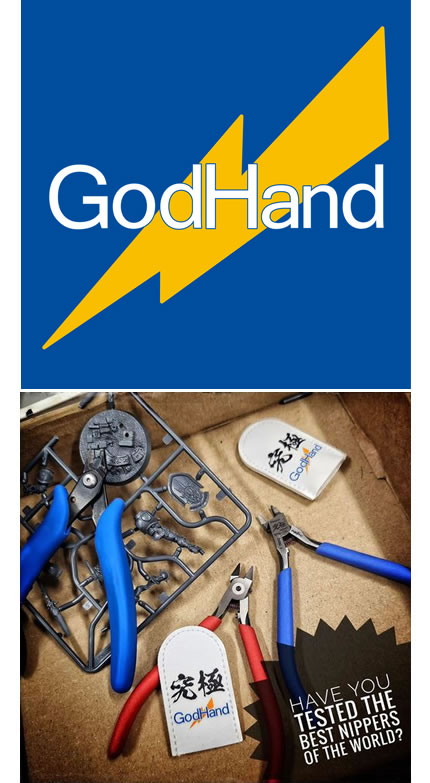
 Spread the cost with Paypal Credit
Spread the cost with Paypal Credit
 Spread the cost with Klarna
Spread the cost with Klarna









